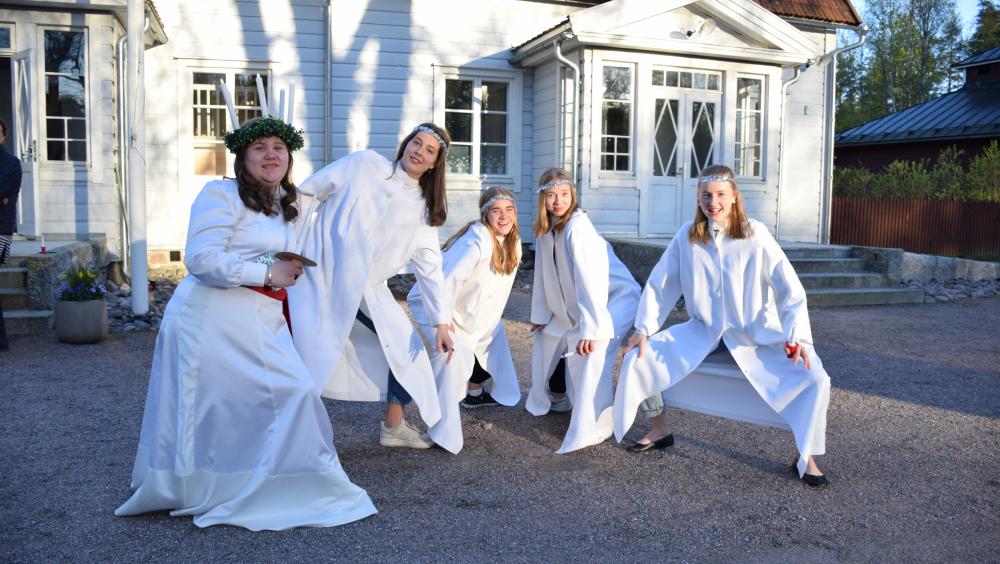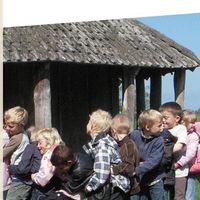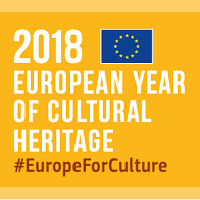European Heritage Days Stories

A growing collection of European Heritage Days Stories intends to identify the European Dimension of heritage sites and heritage work undertaken by the communities in Europe. It refers to past or existing 'stories' that communities would like to share and potentially develop into a project to further contribute to their communities.
European Heritage Days Stories published in 2020 include reports from Cyprus, Spain, Germany, the UK, Italy, Portugal, Slovenia, Croatia, Finland, Netherlands, Belgium and Latvia.
The Call for European Stories was launched as an activity of the European Year of Cultural Heritage 2018, the successes of which it now aims to build on, and supporting the European Framework for Action on Cultural Heritage, adopted in December 2018 to secure the long term impact of the European Year of Cultural Heritage. In the framework of the joint vision of shared European values, the Call is also open to the EU Prize for Cultural Heritage/Europa Nostra Award winners and the European Heritage Label sites.
European Heritage Days are the most widely celebrated participatory cultural events in Europe. Every year in September, the 50 signatory States to the European Cultural Convention take part in the European Heritage Days – a joint action of the Council of Europe and the European Commission, putting new cultural assets on view and opening up historical buildings normally closed to the public. The cultural events highlight local skills and traditions, architecture and works of art, but the broader aim is to bring citizens together in harmony even though there are differences in cultures and languages.
You can consult the map of European Heritage Days events and add your event to the programme.
The aims of the European Heritage Days are to:
- raise the awareness of European citizens to the richness and cultural diversity of Europe;
- create a climate in which the appreciation of the rich mosaic of European cultures is stimulated;
- counter racism and xenophobia and encourage greater tolerance in Europe and beyond the national borders;
- inform the public and the political authorities about the need to protect cultural heritage against new threats;
- invite Europe to respond to the social, political and economic challenges it faces.
Image: Heritage Hubs (Finland)
Similar content
from - to
01 Sep 2011 - 30 Sep 2011
deadline
27 Apr 2020
posted on
08 Feb 2018
posted on
10 Apr 2019
posted on
23 Jan 2019





